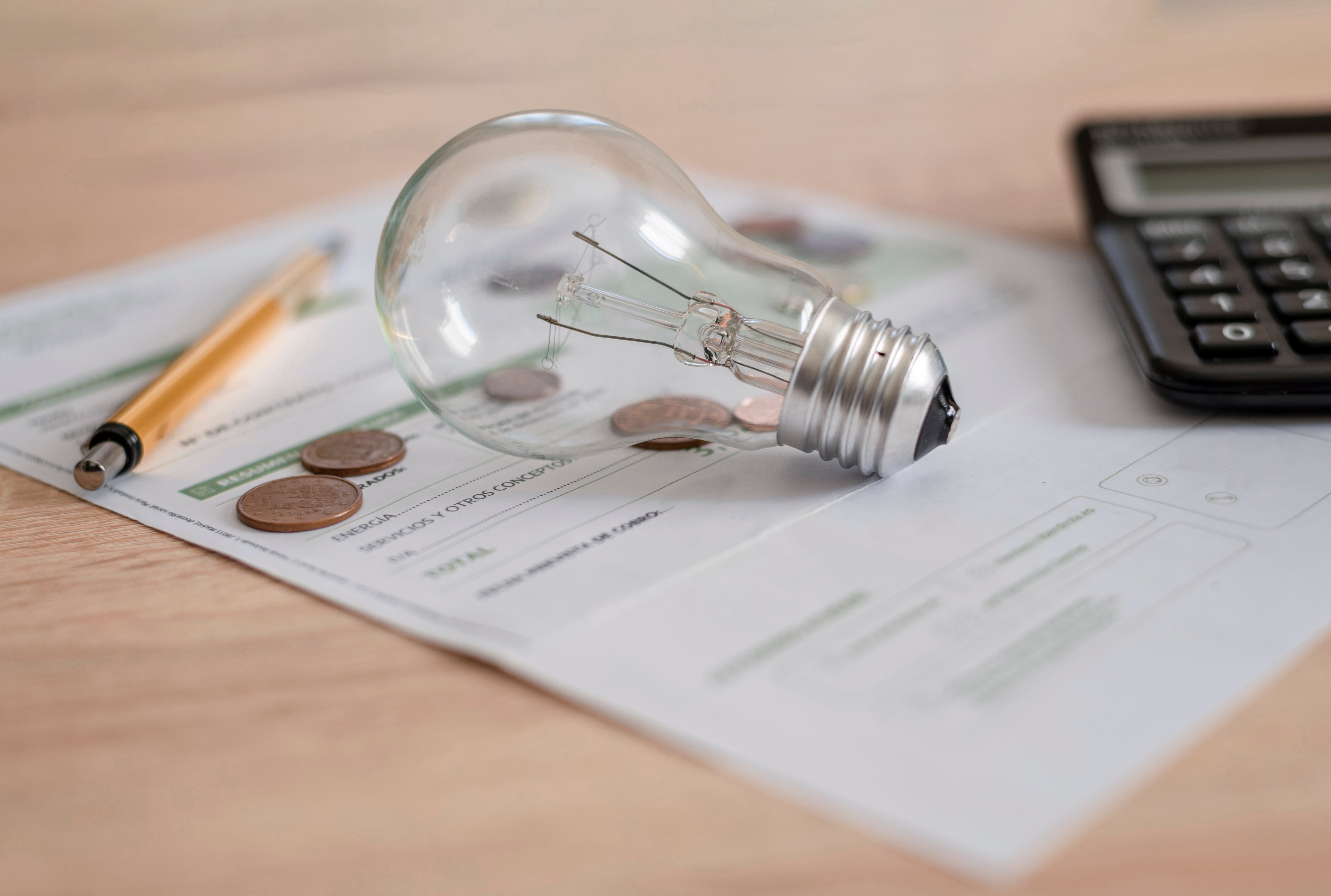The price of electricity can vary widely depending on factors like location, time of day, supply and demand, and the size of your home. If you’re moving to Texas, you may wonder how much you can expect to pay for your average electric bill once you set up electricity in your new home.
Fortunately, Gexa Energy’s guide to the average electric bill in Texas can help you better plan out your monthly budget and find ways to reduce energy usage in your home and save on your electric bill. We’ll explore how electric bills are calculated and how your home’s size can affect your energy consumption—and your wallet.
{{CTA-Plans}}
How are Electric Bills Calculated?
Your monthly electric bill is based on how much electricity you use per month in kilowatt-hours (kWh) and your provider’s electric price. Electric bills are designed to cover all the costs associated with producing the electricity your home uses, such as paying the Transmission and Delivery Utilities (TDUs) fees. Your TDU is responsible for safely delivering the energy from power plants to your home.
The average electric bill includes both fixed monthly charges and variable charges, which change month-to-month depending on the number of kWh of electricity you use.
Electricity Prices & the Average Electric Bill in Texas
Residential electricity prices vary across the U.S., ranging from 6 cents per kWh to 43 cents.
Your actual price will vary depending on your city or town and your electricity provider. But as a general average, Texans pay around $156 each month in base electricity costs, not counting additional fees and charges.
The average Texas electricity bill depends on the size of your home, so let’s look at some standard apartment and home situations in Texas:
- The average electric bill for a 1-bedroom apartment (around 750 square feet) in Texas is $99, based on an average of 750 kWh of electricity per month.
- A 1,000-square-foot two-bedroom apartment using 880 kWh of electricity will come in just a little higher at an average electric bill of $117 per month.
- The average electric bill for a 3-bedroom house in Texas is around $176 monthly. This is based on an average size of 2,000 square feet and average electricity use of 1,325 kWh a month.
- A larger Texas home (around 3,000 square feet) consumes an average of 2,200 kWh each month, leading to a $292 average energy bill.
You can work toward making your home more energy-efficient and reduce the amount of electricity you use by changing your daily habits or making upgrades to your home.
If you want to see huge changes in your electric bill, consider switching to solar power. While there is a significant upfront cost, you can take advantage of federal, state, and local tax incentives and recoup that initial investment over time in reduced monthly electric bills.
When you have a solar power system installed at your home, you’re paying upfront for the electricity you will use for the next 25 or even 30 years. You can lower or even eliminate your electricity costs entirely with solar power.
Factors That Impact Electricity Prices
A variety of factors can cause your electricity price to fluctuate, including the price of natural gas. Most power grids get a significant portion of their electricity from nonrenewable sources like natural gas, .
In addition to the price of fuel, operating costs, such as maintenance and labor on the power grid, can shift depending on the market and the age of power plants. As a result, these costs can add up for consumers, leading to higher electricity prices and a spike in the average electric bill in Texas.
Weather can impact electricity prices as well. During a heatwave or extreme cold temperatures, energy demand will go up, along with prices.
Other factors that can influence electricity prices include:
- State and local regulations
- The size of your home or apartment
- Fuel costs, including renewable energy, such as wind and solar, and nonrenewable energy, such as fossil fuels
While you can’t do anything about the price of natural gas, the weather, or fluctuating operating costs, you can reduce your household electricity use or choose a monthly plan that meets your budget and specific energy needs.
The Importance of Clean Energy
Generating clean energy through wind and solar power can produce electricity at a fraction of the cost of fossil fuels. Along with the financial savings, the benefits of renewable energy include zero carbon emissions and the opportunity to help provide clean energy for your neighborhood by sending excess power back to the grid.
In this way, switching to solar benefits you as a consumer, your utility provider, and other consumers. Learn more about solar energy and how Gexa can help you work toward generating your own energy.
Learn more about Gexa Energy and their 100% renewable plans from environmentally friendly renewable sources.






































